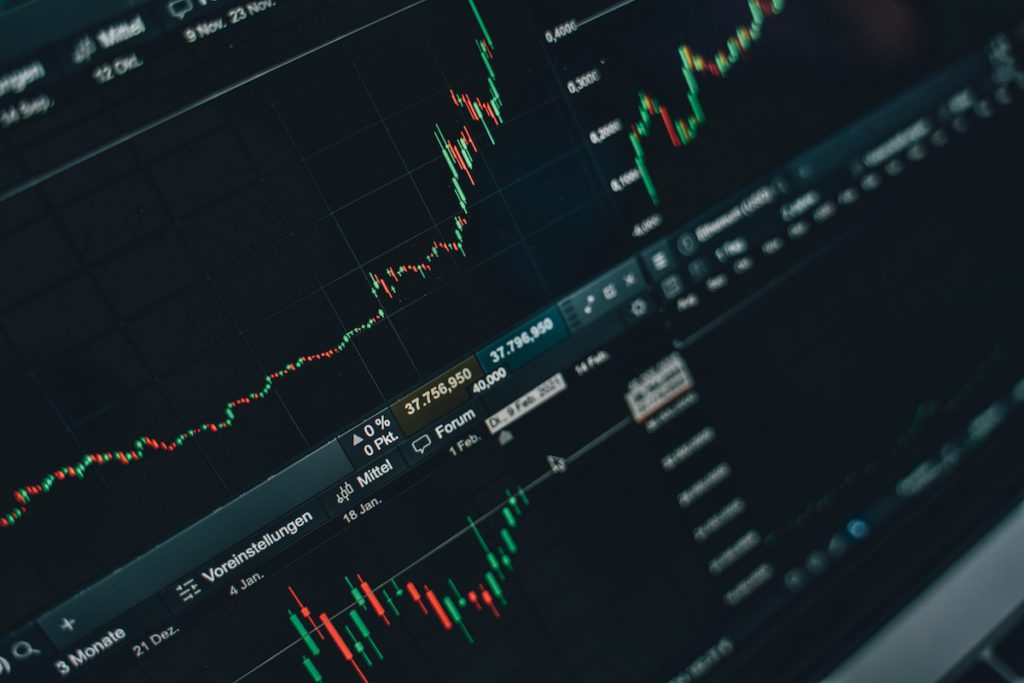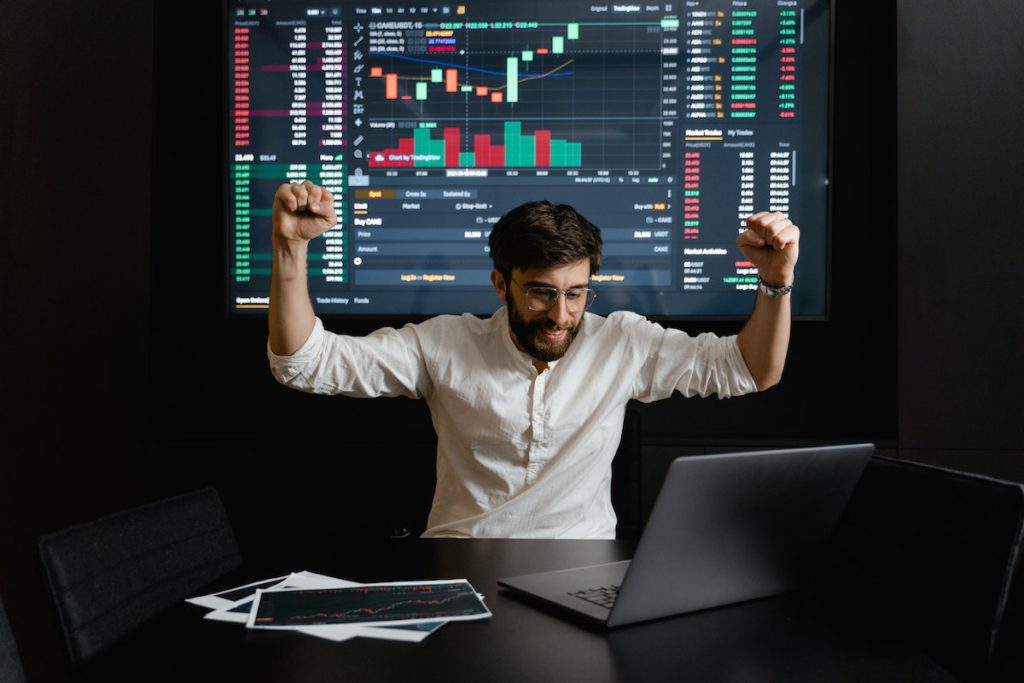Foreign currency, or Forex trading, is a growing market among investors and speculators. Foreign exchange trading, often abbreviated as Forex or FX trading, is essentially buying and selling currencies to profit from the movements of international currencies.
Foreign exchange trading attempts to profit from anticipating the value of one currency over another. The primary objective of trading in foreign currency is predicting whether one currency’s value will rise or fall over another.
Forex scalping is a popular trading strategy focusing on smaller market movements. This strategy involves opening large numbers of trades, hoping to make a small profit from each one. Due to the availability of leverage, Forex traders can earn returns from a single trade several times greater than the margin they used to open the trade.
This is where forex major pairs leverage to avoid committing their entire capital to the trade position. Another term for borrowing money allows traders to gamble on the Forex markets with more significant amounts of capital than they may be willing or able to commit on their own.
In the past, those who did not have the means to trade directly in the forex markets could use a broker to exchange currencies for them. As a result, most trading in forex occurs among institutional traders working on behalf of individuals, banks and other financial organizations, and multinational corporations.

Being successful at forex trading requires dedication and hard work. So to help you join the handful of people regularly making money from the Forex markets, here are a few secrets of winning forex – five tips that will make your trades more profitable and your trading career more successful. Whether you have been trading forex for one month or five years, the nine attributes of successful traders that you just read about will be helpful on your journey.
Whether you are a brand-new trader or have been in the markets for years, you need a trading plan to guide whatever you are doing.
To become a successful FX trader, you must continually learn new things about forex trading and investing. From my experience, learning to determine which markets to trade on FX is essential. It is also vital to pick a trustworthy broker and the correct trading account because it will be the most significant indicator of your success in forex (FX).
The recommendation is especially relevant if you are a beginner to trading Forex, where one of the best things you can do is start with a trading account for a demo. The following information would also be helpful to traders who are still determining their style of trading, aiming simply to test things out. We also recommend a resource on Building Confidence In Trading found under the Beginners tab in the Resources section of our trading Guide.
Day Trading recommends opening and closing your trades in one day. While it is applicable in all markets, day trading strategies are primarily used on forex.
Since forex is a 24-hour market, the convenience of trading according to one’s availability makes day trading a favourite for day traders, swing traders, and part-time traders. Forex trading may also cover existing bets in currencies in the context of exchange rate fluctuations. It can bolster any trading strategy, providing areas to monitor for potential entries and profit targets.
Forex (FX) is an excellent market for professional traders. You can trade it with colossal ease. The needs are massive and liquid, trades are made around the clock, and even for the smaller individual trader, enormous leverage is available. Large banks, brokerage houses, and funds dominate the markets and rapidly integrate any new information into prices. It is nearly impossible for a currency trader to know with whom they are trading at any given time.
This is an obvious statement, but a surprising number of traders need to consider the amount of money they put at risk before opening trades. This is because they calculate the risk using some arbitrary percentage, like one to two percent of the trading account balance.
Even if a coin-flipping type trade has a lead, like in our coin-flipping example, only a single bad business or two will ultimately bankrupt a lot of forex traders. Fear of missing a trade typically drives forex traders to rush into trades without pre-screening.
Sometimes jumping into a trade in a hurry may lead to losses should it go against you. You might not get the trade done when you want it due to a market lack of liquidity, execution risks, or computer systems issues. Failing to access your trading account on time will ensure that you will miss out on trade opportunities or that the market could move against you without your knowledge.
If you need money from trades to pay bills, you will likely feel pressured into winning. However, your passion for trading, not the money, will get you through tough times. You cannot expect to succeed in forex trading if you quit, nor can you expect to persist if you lack a passion for it.
Unlike forex and the spot markets, it is when traders enter into a standard contract with a designated exchange for buying or selling a pre-agreed quantity of currency at a particular exchange rate on a specific date in the future.
